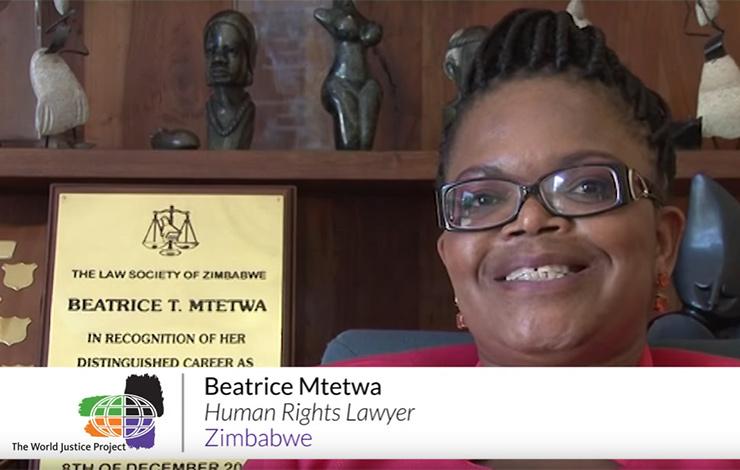On March 5th, the World Justice Project will launch the WJP Rule of Law Index® 2014, a report that measures how the rule of law is experienced by ordinary people around the world.
Our latest release of the Index relies on surveys gathered from over 100,000 citizens and experts worldwide to offer a comprehensive look at a country’s performance in regards to fundamental rights, justice, security, corruption, governance, and other rule of law issues.



